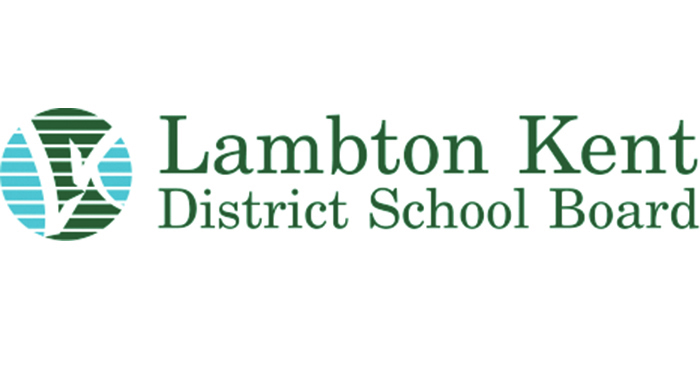
By Blake Ellis
Local Journalism Initiative Reporter
Petrolia Independent
Nepotism and favouritism is embedded in the culture of the Lambton District School Board. That’s just one of the findings in a 124-page equity audit report commissioned by the board.
Earlier this year, LKDSB hired Turner Consulting Group to conduct an equity audit, in an effort to strengthen inclusion, diversity and champion an anti-oppressive education. The stated goal of the report – released at a recent board meeting – is to “increase diversity, develop equitable policies and practices and create a truly inclusive organization.”
And while the recommendations are there to reach the goals, the audit shows there is a long way to go, particularly in the minds of the board’s own employees.
Employees interviewed by the consultant said it was not uncommon to work beside the child of a senior administrator, and they felt the board was only going through the motions to appear to be equitable and inclusive.
The equity audit involved consultant-led focus groups, an online workplace equity and inclusion survey, and one-on-one interviews with nine senior leaders and four union representatives. In total, 650 employees participated in these consultations, representing about 20 per cent of the board’s approximately 3,300 employees.
“At this level of participation, there is a high level perspective of the board’s policies, practices and organizational culture and their impact on employees,” the report stated.
It found that the public board employees felt there are “gaps in the representation of Indigenous peoples, racialized people, persons with disabilities and 2SLGBTQ+ individuals in the LKDSB workforce. Employees also shared their concern that the board’s workforce does not reflect the diversity of its students.”
Employees also believe “nepotism and favouritism impact hiring and advancement at the LKDSB and that they are in fact pervasive in the organization’s culture.
“In addition, many shared their perception that the hiring process is unfair, difficult to navigate, and creates barriers to the hiring of candidates from Indigenous communities and the equity-seeking groups. Some felt the nepotism and favouritism was so embedded within the culture of the board that these employees believe ‘that’s what the board is known for.’”
The report found many believed because the board is smaller in size, it is easier for these relationships to become known by staff and those in the community.
Some employees also believe being a former student at LKDSB or having family or another personal relationship had a positive impact on their ability to secure a position at the board.
“In addition, Indigenous and racialized employees also noted that while working in small communities is a positive, they are perpetually seen as outsiders and are not always welcomed in the community or within all LKDSB work environments.”
People who do advance feel the focus is on building relationships rather than skills and knowledge. This is a disadvantage to Indigenous and racialized employees who may not be in the same social circles or may be excluded from social networks at the public board.
The consultants also found LKDSB staff said the administration does not listen to its employees. Employees feel disrespected and are upset that decisions are made without consulting with the workforce.
The equity audit also found there are employees who are not supportive of the board’s equity efforts, believing it is wasteful and unnecessary and divisive in the workforce.
“Some shared that this resistance to equity from staff and community, coupled with the lack of diversity in the community, contributes to the difficulty the board experiences in attracting and retaining Indigenous staff and staff from the equity-seeking groups.”
The consultants made 83 recommendations to the board, including calls for LKDSB to develop an employee equity strategy, particularly in hiring practices, which will diversify the workforce.
In his action plan report to trustees, Superintendent Gary Girardi said “creating an inclusive organization is therefore no longer the ‘nice’ thing to do but rather the smart thing to do…to attract, retain, and benefit from the best talent and to create inclusive learning environments for students.”






